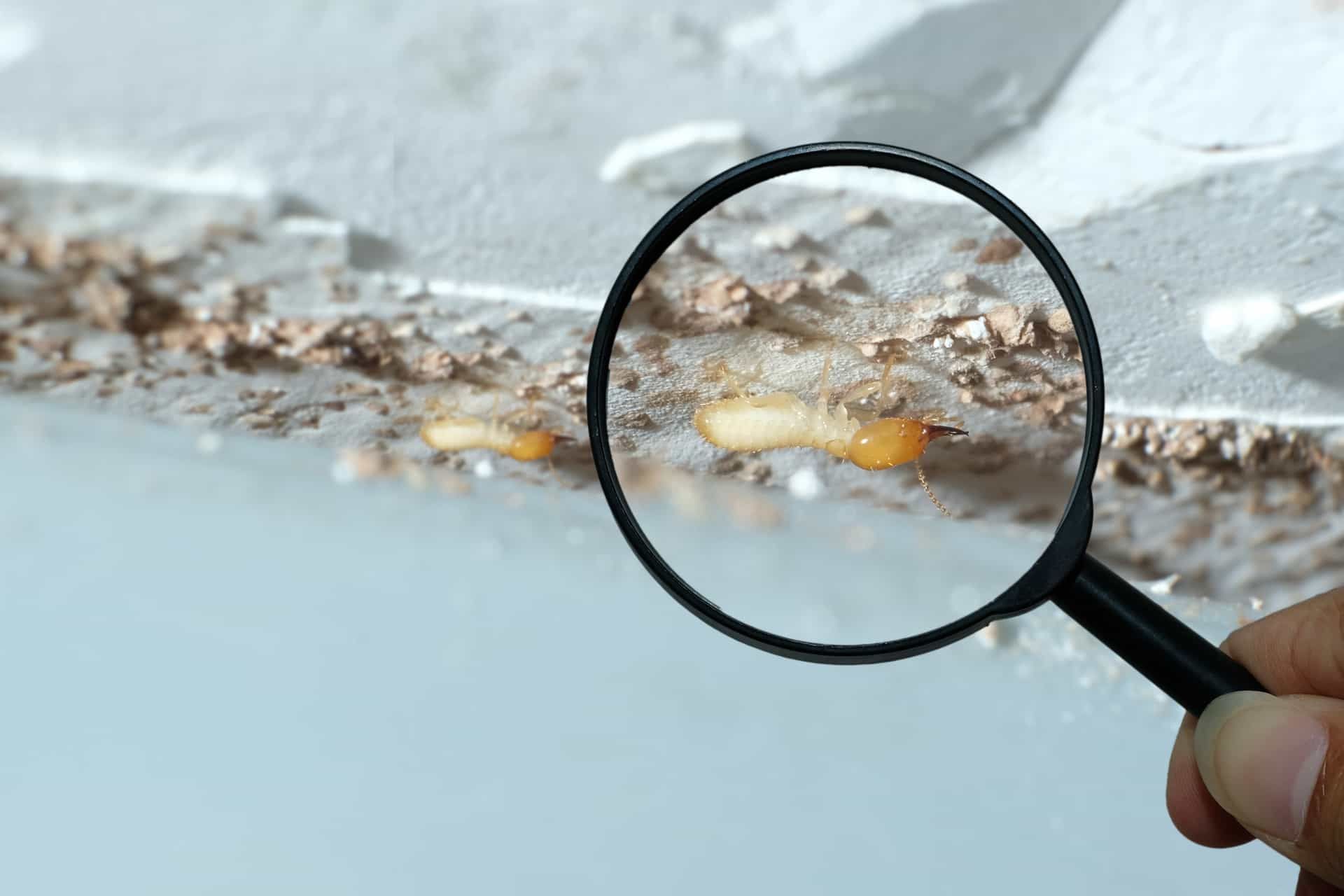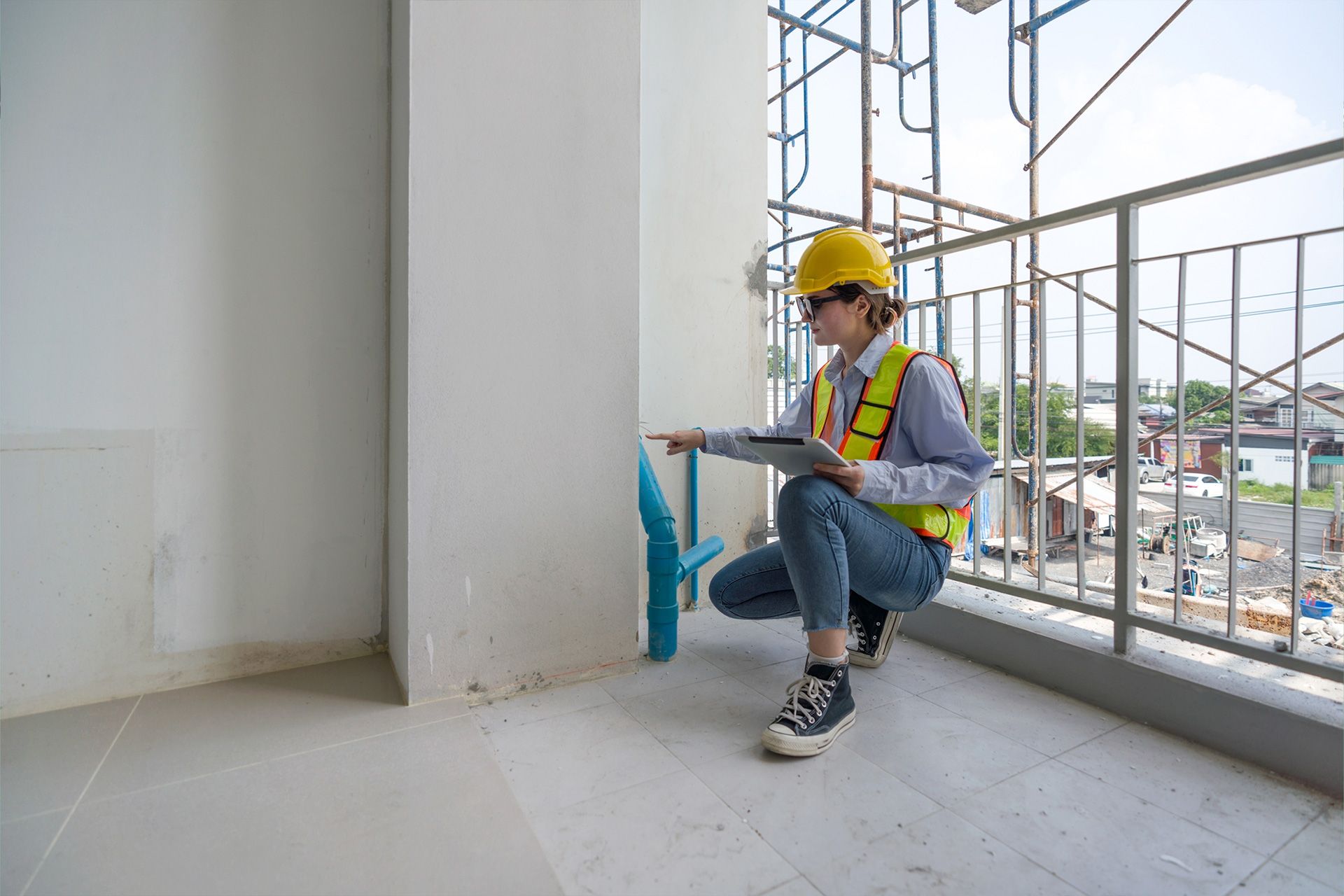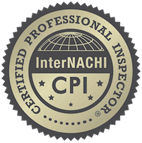A Complete Guide to Septic System Inspections
Homeownership comes with its fair share of responsibilities, and among the most overlooked, though critical, is the septic system inspection. This vital procedure ensures that the waste management system of your home operates efficiently, keeping both your property and the environment safe.
Beyond the obvious health implications, a thorough septic system inspection can prevent costly repairs and replacements down the line. In this blog, we’ll do a (figurative) deep dive into the world of septic systems, exploring their functionality, the inspection process, and how to ensure they remain in tip-top shape.
How Septic Systems Work
At its core, a septic system is a private sewage treatment system for homes not connected to a municipal sewage line. It’s a combination of nature and technology, effectively managing waste on-site in a large container known as a septic tank.
Here's how it works: Wastewater from your home flows into the septic tank, where it's naturally divided. Solids settle at the bottom and become sludge, while grease and oils rise to the top and become scum. Between these two layers lies a liquid effluent containing waste and water, which flows out to the drain field, slowly absorbed into the ground.
Over time, these sludge and scum layers increase. If they aren’t periodically removed, they can overflow or damage the system. This is where the importance of regular septic system inspections and maintenance comes into play, ensuring that everything is functioning as it should.
The Septic System Inspection Process
When it comes to maintaining a healthy and efficient home, the septic system might not be the first thing that springs to mind. Yet, its inspection is paramount for several reasons:
- Protecting Health and Environment: A malfunctioning septic system can result in untreated sewage seeping into the ground. This not only contaminates the groundwater but can also pose serious health risks to residents and the surrounding community. By regularly inspecting and maintaining the septic system, these potential hazards are significantly minimized.
- Financial Savings: While the septic tank inspection cost might seem like an unnecessary expense to some homeowners, in the long run, it's a small price to pay. Ignoring or delaying inspections can lead to bigger problems, including a septic tank overflow or complete system failure, both of which can be very expensive to repair or replace.
- Peace of Mind: The question that often looms for homeowners is, "Is my Septic fit to Pass Inspection?" By ensuring regular inspections, you'll always have a clear answer and the peace of mind that comes with it. No surprises or costly emergencies.
Moving on to the inspection process itself, as you can see it is comprehensive:
- Locating the System: First, the inspector needs to locate the septic system. If the homeowner doesn’t have a map of the septic layout, specialized equipment may be used to find it.
- Checking for Visible Issues: The inspector will look for signs of septic tank overflow or leakage, like wet spots or foul odors near the tank or drain field.
- Uncovering the Septic Tank: The tank's lids are uncovered, and the liquid level inside the tank is checked. A low level may indicate a leak, while a high level suggests a blockage.
- Inspecting Tank Components: The inspector will examine the tank's components for wear and tear, ensuring that all parts, like the baffles or tees, are intact.
- Measuring Sludge and Scum Layers: Using special tools, the inspector will measure the layers of sludge and scum to determine if the tank needs pumping.
- Drain Field Inspection: The drain field is inspected for signs of malfunction, like standing water or unusually lush vegetation, which can indicate that effluent isn’t being adequately treated.
At the end of the inspection, homeowners are given a detailed report, which includes recommendations for maintenance or repairs, if necessary.
Septic Tank Inspection Cost
Having a clear understanding of the cost of inspecting a septic system is essential for homeowners who are considering getting one done. It helps with budgeting and ensuring that the septic system remains in optimal condition. While prices can vary based on location and specific requirements, there are some factors that you can consider beforehand.
A larger or more complex system may take longer to inspect, which can drive up the cost. Systems with multiple tanks or advanced treatment units are usually more expensive to inspect than simple, single-tank systems.
If the septic tank and its components are easily accessible, the inspection process can be quicker and thus, more affordable. On the contrary, if an inspector has to spend extra time locating or uncovering parts of the system, the cost may increase.
Much like other professions, you often get what you pay for. An experienced inspector, like those at Guardian Angel Inspections, may charge more, but they'll also provide a comprehensive and accurate assessment of your septic system's health.
Some inspections may include pumping out the septic tank, which will add to the total cost. Also, if there are repairs to be made based on the inspection findings, those costs will be additional.
Benefits of Regular Septic Inspections
Regular septic inspections offer several significant benefits to homeowners. Firstly, they extend the lifespan of your system by spotting and rectifying issues early on. Secondly, these inspections prevent unexpected system failures, saving considerable money and stress.
Additionally, they ensure environmental safety by preventing groundwater contamination. Lastly, regular inspections boost property value, assuring potential buyers of a well-maintained system.
Wrapping Up
Septic system inspections are more than just a regulatory requirement; they're an investment in the longevity and health of your home. By understanding their importance and conducting regular checks, homeowners can enjoy peace of mind and a well-functioning system for many years to come.
Disclaimer: The information on this website and blog is for general informational purposes only and is not professional advice. We make no guarantees of accuracy or completeness. We disclaim all liability for errors, omissions, or reliance on this content. Always consult a qualified professional for specific guidance.
Share this entry







